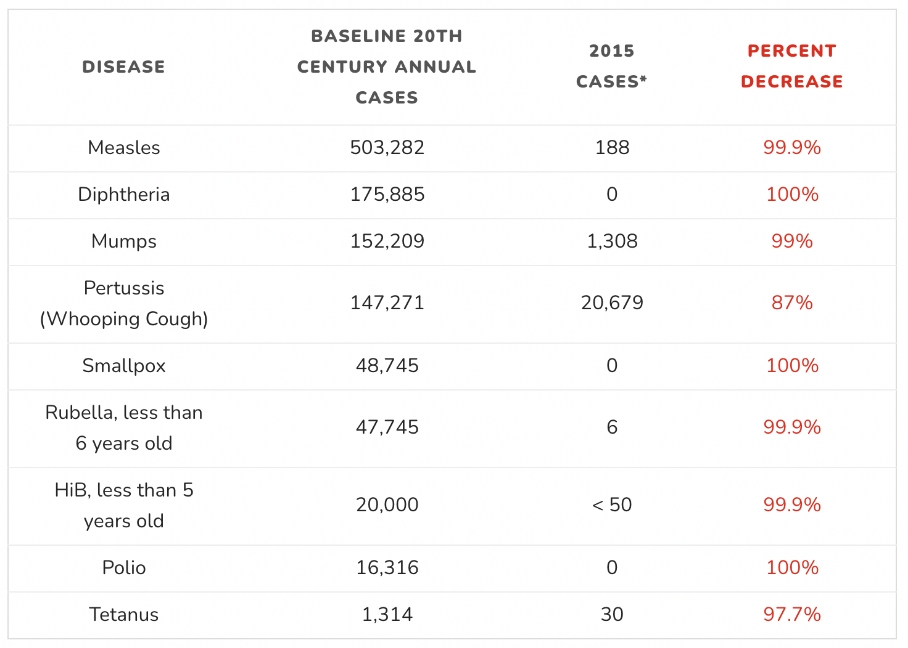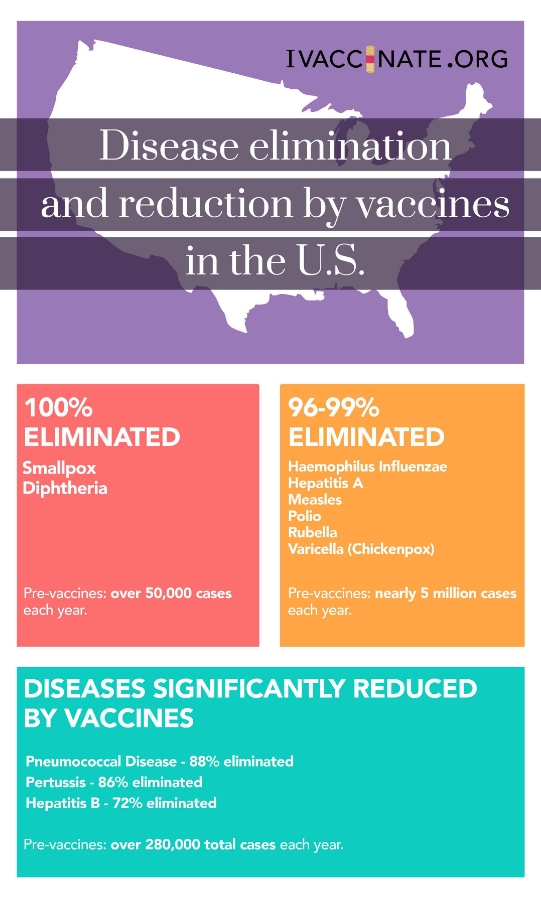- About Vaccines
- Answering Your Questions
Search by Category
- Resources

Resources
Here are some of the tools and information we recommend using based on real medical science and research.
- News
- Contact
MY CHILD’S RISK
Vaccines have saved millions of lives. And they can save your child’s too.
The numbers tell the story: Vaccines save lives.
Scientists widely consider immunizations to be one of the greatest public health achievements of the 20th century, and experts and medical science and research agree that timely immunization is vital to staying healthy.The Centers for Disease Control and Prevention estimates that for children born in the U.S. from 1994 to 2013, vaccination will prevent an estimated 322 million illnesses, 21 million hospitalizations and 732,000 deaths over the course of their lifetimes. Vaccines have dramatically changed medicine over the last century.

Before vaccines, parents in the United States could expect that every year:
- Polio would paralyze 10,000 children.
- Pertussis (whooping cough) would kill 8,000 infants.
- Measles would infect about 4 million children, killing about 500.
- Rubella (German measles) would cause birth defects and intellectual disabilities in as many as 20,000 newborns.
- Diphtheria would be one of the most common causes of death in school-aged children.
- A bacterium called Haemophilus influenzae type b (Hib) would cause meningitis in 15,000 children, leaving many with permanent brain damage.
Vaccines helped to end the worst global pandemic in more than a century.
As the world works towards achieving community immunity against COVID-19, the authorization of COVID-19vaccines dramatically slowed the rate of cases and deaths worldwide. In Michigan, the highest weekly record of COVID cases was mid-December 2020 when the vaccines were first authorized.
As vaccinations increased, cases and deaths have decreased and mask, travel, and social distancing mandates have been lifted. With the community more widely protected, the vaccine is saving lives and helping to protect those who cannot be vaccinated due to their age, such as children under the age of 12.
As of May 2021, only 1.1% of all COVID-19 hospitalizations nationally were in vaccinated individuals.
Vaccination has decreased the rate of disease dramatically.
Vaccines have reduced and, in some cases, eliminated many diseases that killed or severely disabled people just a few generations before. For most Americans today, vaccines are a routine part of health care.

*Source: World Health Organization, 2015 counts are provisional

These drops in disease rates are primarily the result of people getting vaccinated, and not because of improved sanitation conditions or hygiene.
The diseases we vaccinate against have declined, but they haven’t disappeared.
Other countries don’t have the same access to vaccines as the United States. As we have seen in the United States and in other countries, if we stop vaccinating, vaccine-preventable diseases can and will return. This is why we still vaccinate against diseases we no longer see in our country. If the majority of our country stopped vaccinating, one infected traveler from another country where a disease hasn’t been eliminated could potentially spark an outbreak.